Spring Planting Tips: How To Plant Trees And Shrubs In Spring
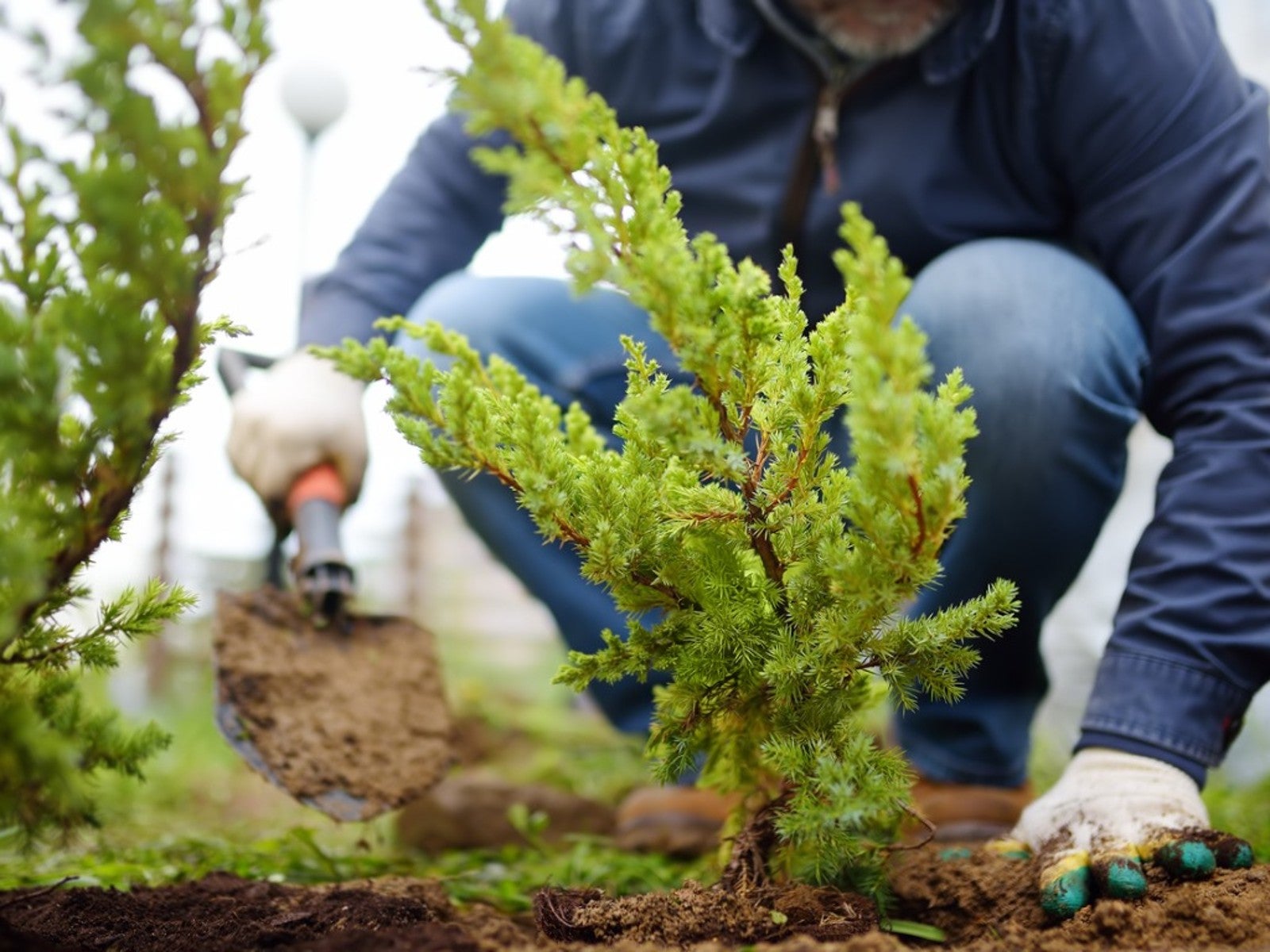

Spring and fall are considered the best seasons for planting trees and shrubs. Gardeners often have strong feelings about which season is better, but it’s not always open to dispute. Some trees and shrubs do better when they go into the ground just as the world is waking up in springtime.
What shrubs to plant in spring? Which trees do better with spring planting? Read on for information on what to plant in spring as well as some tree planting tips.
Planting Trees in Spring
Can you plant trees in spring? Almost any tree would do well if planted in spring, and some trees need spring planting. For example, trees with fleshy roots do best if you put them in the ground in spring.
This category includes garden favorites like magnolias, tuliptrees, oaks, and dogwoods. That’s because this type of root doesn’t adjust to transplant very quickly, and you don’t want winter to catch them before they are settled in. It’s better if they have the long, warm days of summer to get comfortable in their new location.
Planting Shrubs in Spring
Broadleaf evergreen shrubs and trees are also excellent candidates for spring planting. These evergreens, including boxwood, rhododendrons, hollies, and mountain laurel, lose water through their leaves all winter long which makes them especially vulnerable to winter damage.
Some claim that these evergreens can be transplanted in the fall if you act at least six weeks before the first frost date. The trees should be watered deeply and regularly during those six weeks. Mulching is also recommended.
Tips for Planting Trees in Spring
Your plants will do best with spring planting if the soil has a chance to warm up first. You can speed this process by taking the mulch off the planting areas some ten days before planting. This gives the soil space to absorb the warmth of the spring sun.
Gardening tips, videos, info and more delivered right to your inbox!
Sign up for the Gardening Know How newsletter today and receive a free copy of our e-book "How to Grow Delicious Tomatoes".
Dig a hole for the tree or shrub that is large enough to accommodate all of the roots. You don’t want any of them to have to fold to get into the planting hole or to have to coil or girdle the tree. Try to make it three times larger and twice as deep as the root ball.
Transplanted trees and shrubs need water, and lots of it. Irrigate deeply right after you plant. This also gets rid of air pockets around the roots and sets up a firm contact between the roots and the soil. After planting, add a deep layer of mulch to protect the roots from cold nights.

Teo Spengler is a master gardener and a docent at the San Francisco Botanical Garden, where she hosts public tours. She has studied horticulture and written about nature, trees, plants, and gardening for more than two decades. Her extended family includes some 30 houseplants and hundreds of outdoor plants, including 250 trees, which are her main passion. Spengler currently splits her life between San Francisco and the French Basque Country, though she was raised in Alaska, giving her experience of gardening in a range of climates.
-
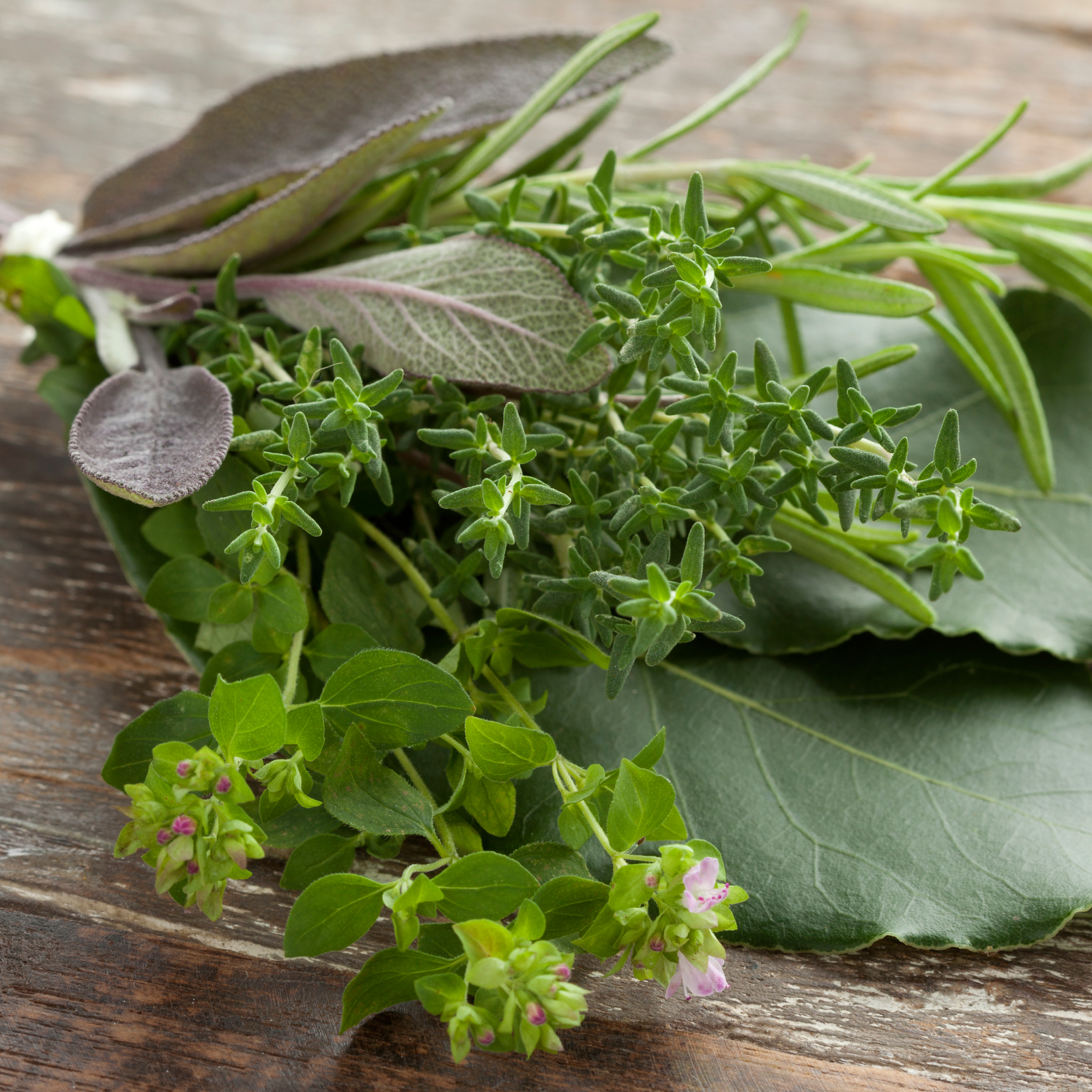 How To Make A Bouquet Garni Or Herb Bundle For Cooking
How To Make A Bouquet Garni Or Herb Bundle For CookingIf you’re a great cook, you may have made an herb bundle before. If this is a new idea, learn how to add sparkle and interest to your dish with a bouquet garni.
By Amy Grant
-
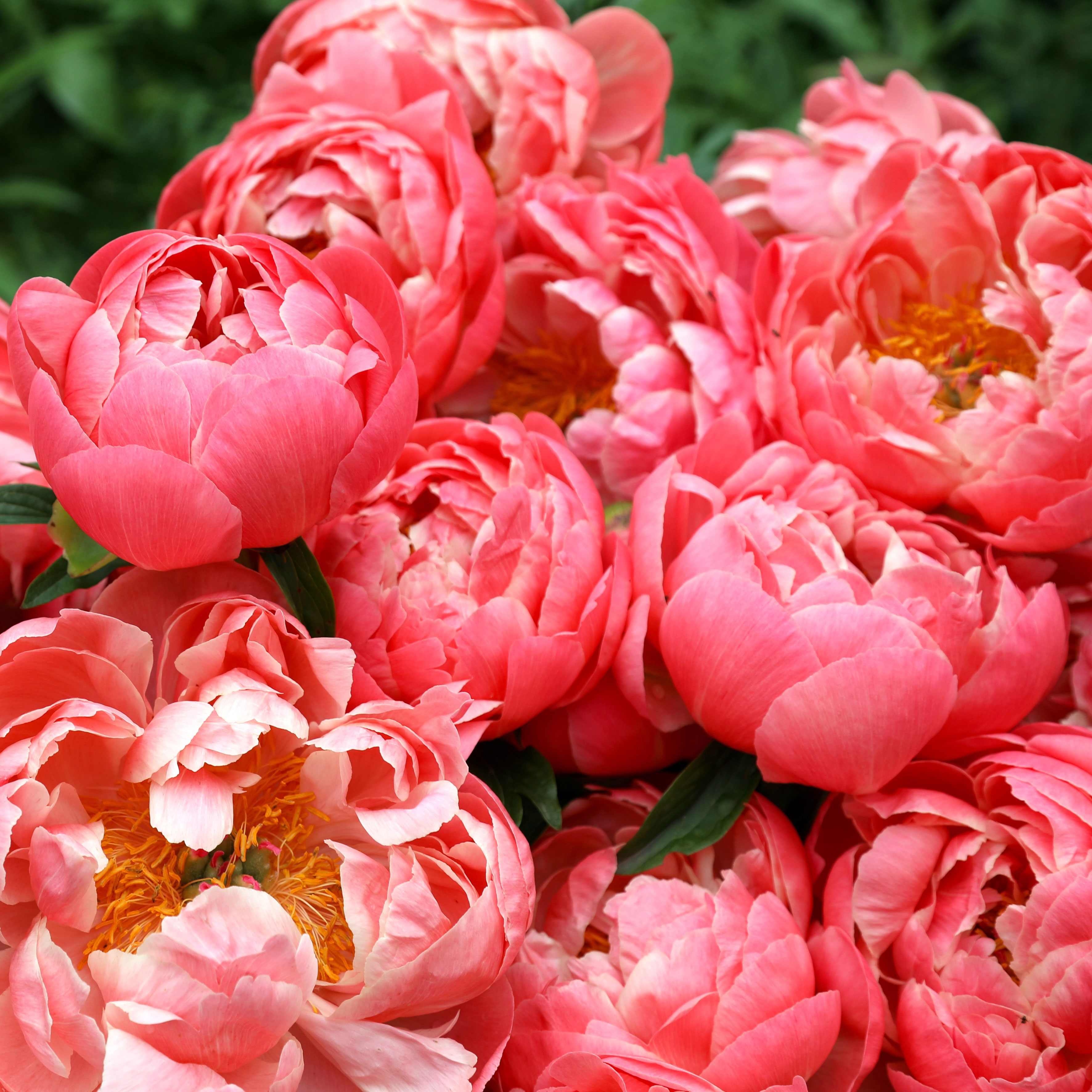 ‘Coral Charm’ Peony Care For Sublime Semi-Double Peonies With Lush Salmon Pink Flowers
‘Coral Charm’ Peony Care For Sublime Semi-Double Peonies With Lush Salmon Pink FlowersPeonies are known for their soft baby pink or magenta tones, but if plushy coral blooms are your thing, here’s our guide to the ultimate ‘Coral Charm’ peony care
By Tonya Barnett
-
 Best Trees For Carbon Sequestration And Climate Change
Best Trees For Carbon Sequestration And Climate ChangeLet’s keep planting trees. They are our best bet for capturing carbon and may help with our global warming issues.
By Teo Spengler
-
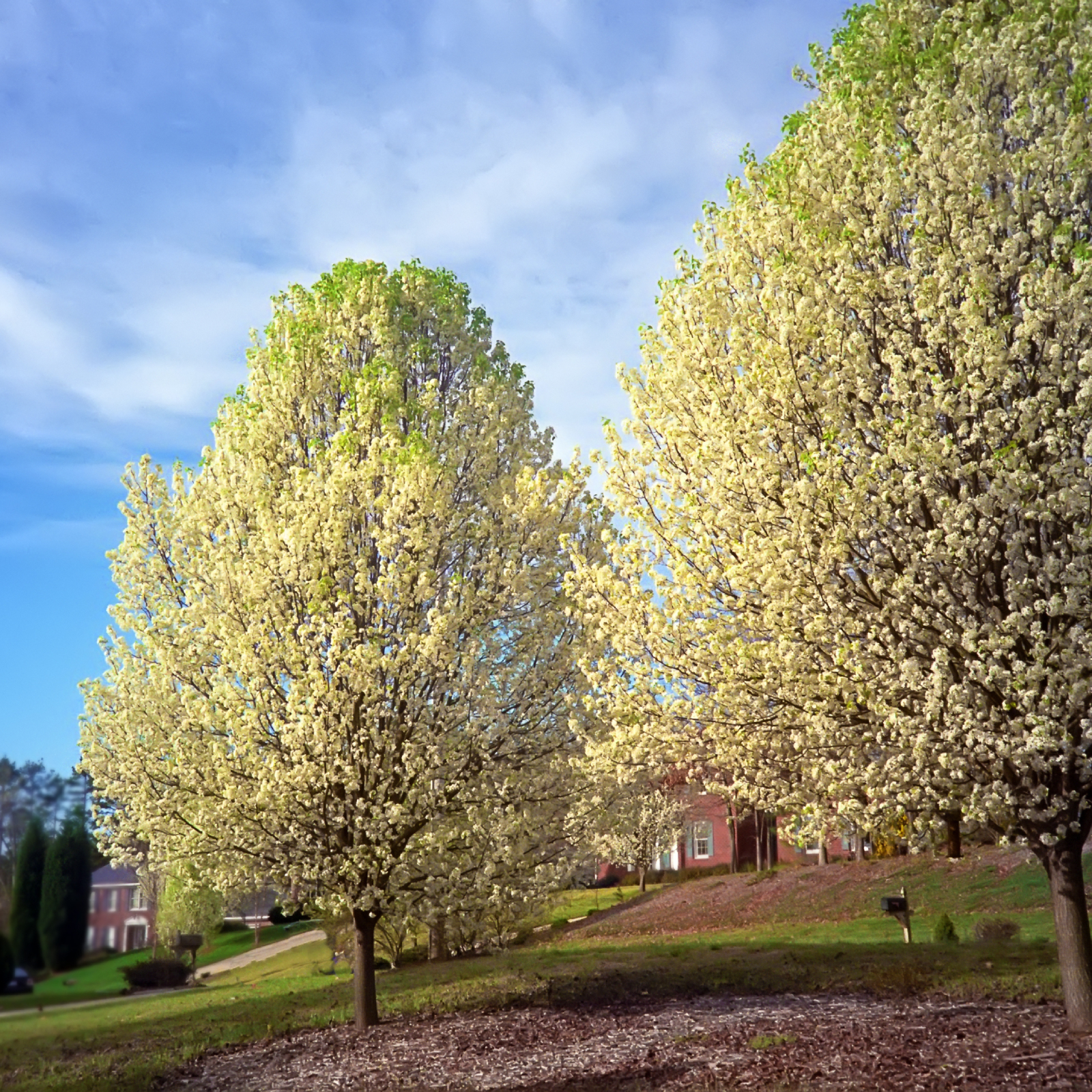 7 Invasive Trees You Should Never Plant In Your Yard Or Garden
7 Invasive Trees You Should Never Plant In Your Yard Or GardenWhat are some invasive trees you should never plant in your yard? Click here to find out.
By Teo Spengler
-
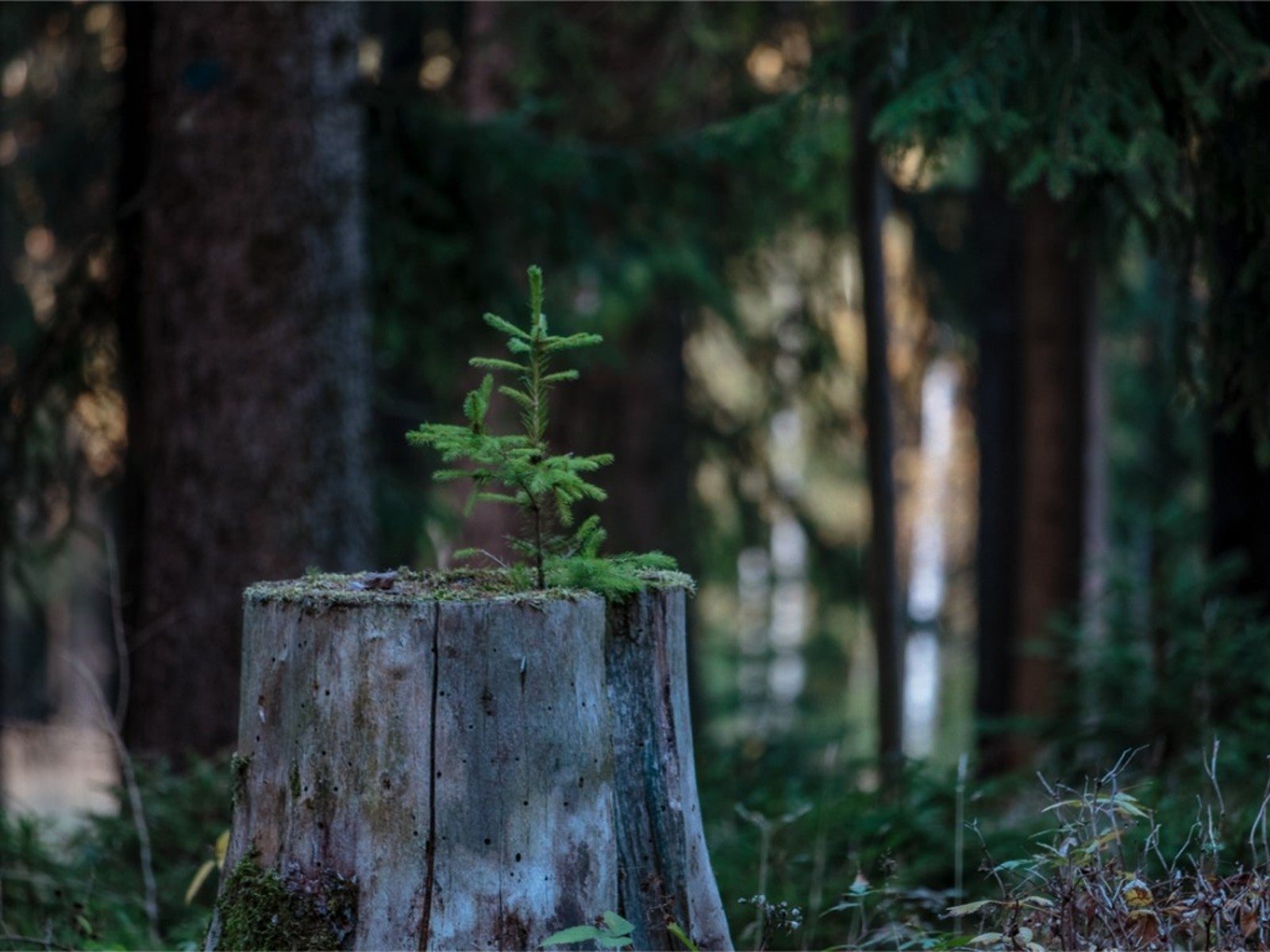 How Close Can You Plant A Tree To A Stump?
How Close Can You Plant A Tree To A Stump?Looking to plant new trees near old stumps or where stumps have been removed? Click here to learn how.
By Teo Spengler
-
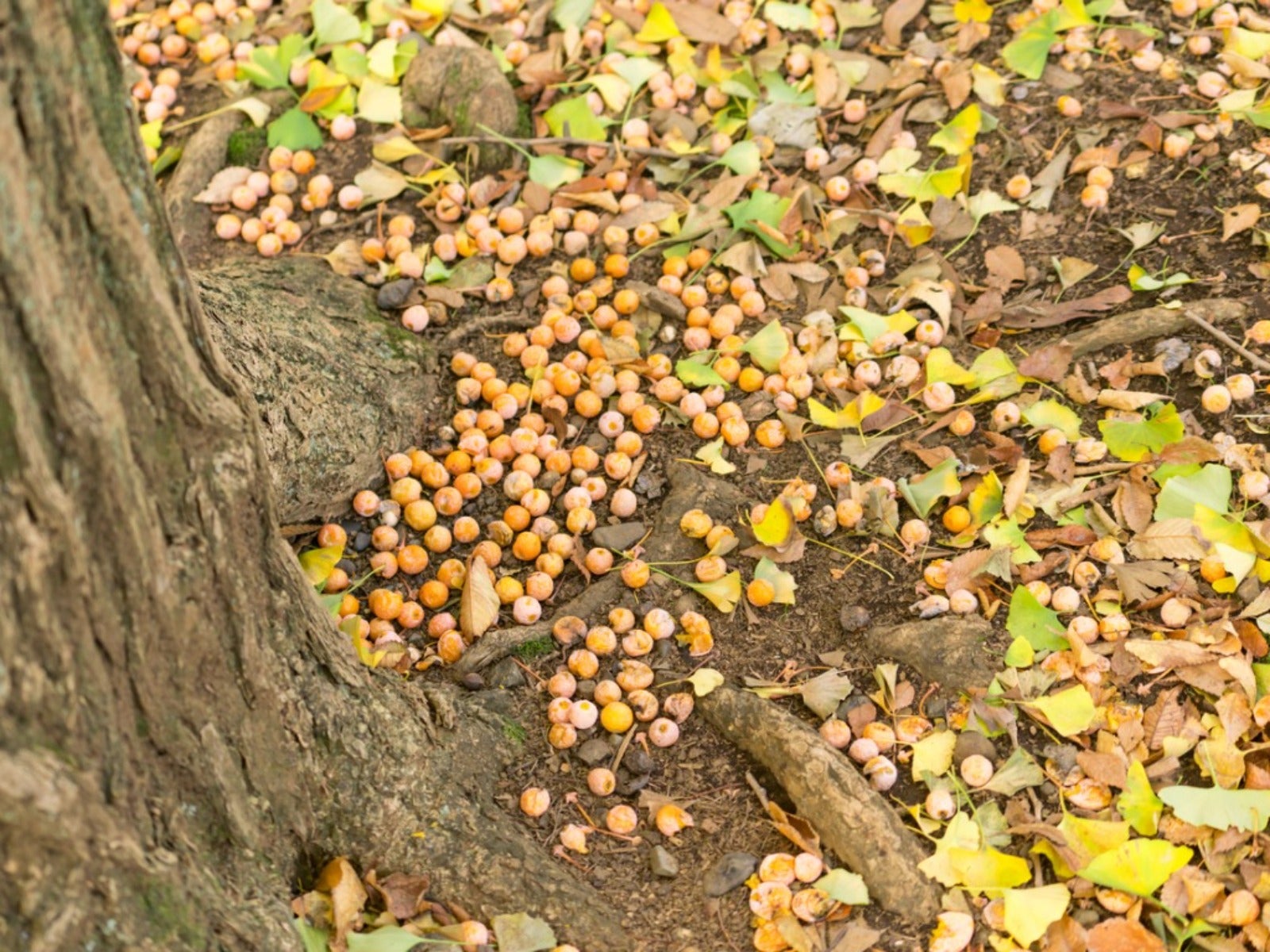 Messiest Trees That Drop Debris Everywhere
Messiest Trees That Drop Debris EverywhereWant to know which trees will create the biggest messes in your home landscape? Click here to find out.
By Amy Grant
-
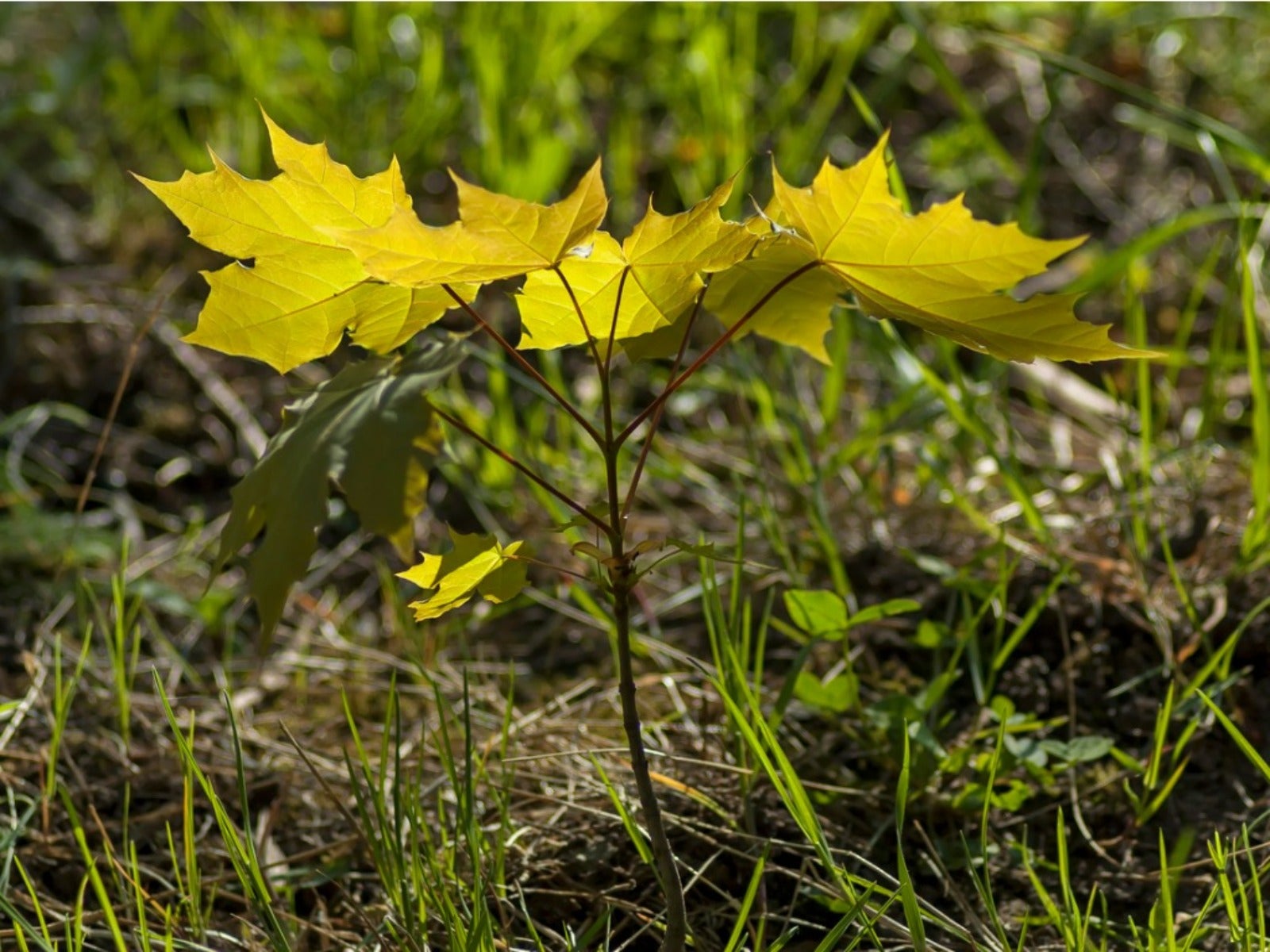 How To Get Rid Of Tree Sprouts In The Yard From Nearby Trees
How To Get Rid Of Tree Sprouts In The Yard From Nearby TreesLearn the simple way to keep pesky tree seedlings in your lawn from becoming saplings.
By Teo Spengler
-
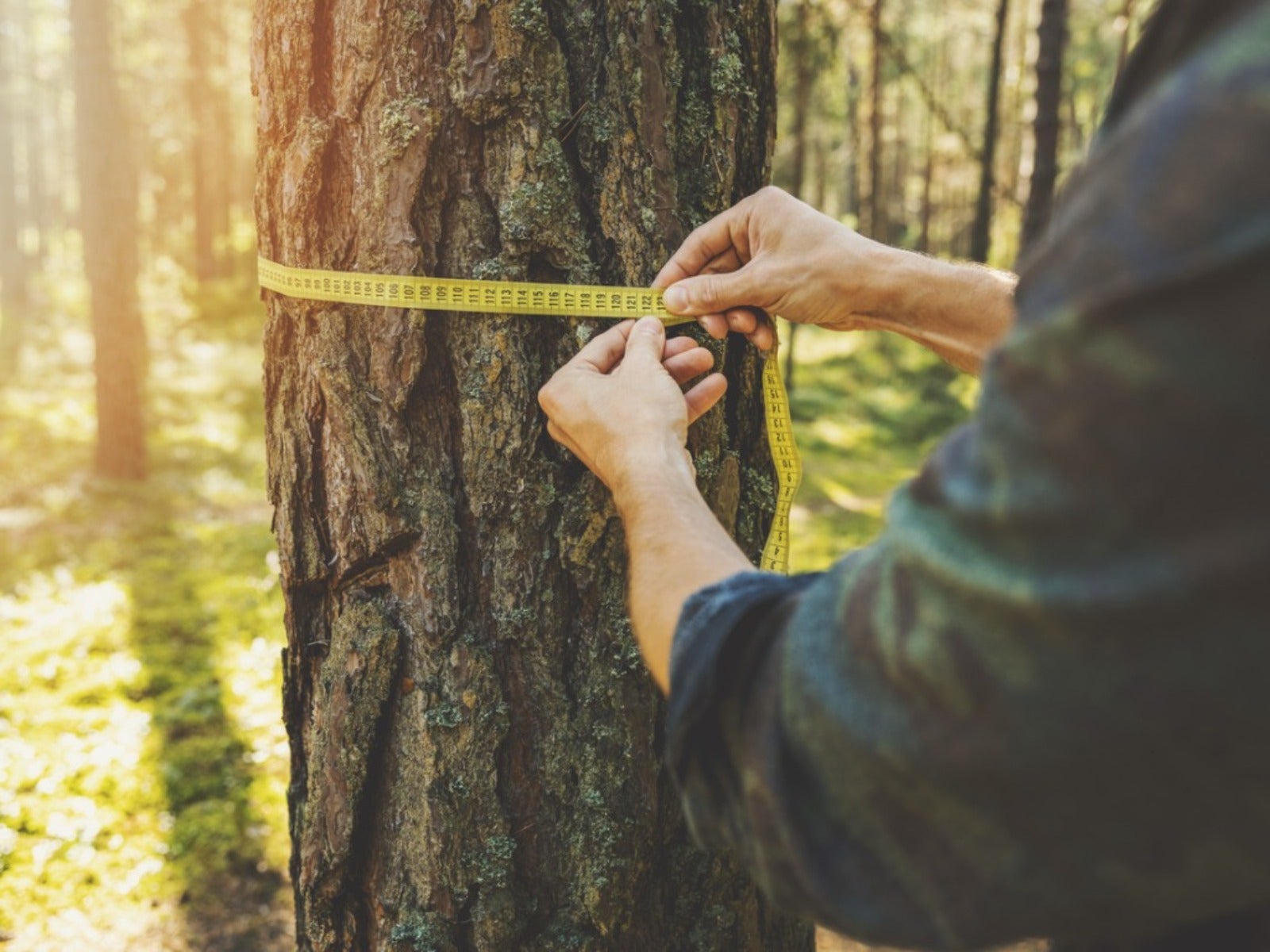 How To Tell How Old A Tree Is
How To Tell How Old A Tree IsEver wondered how to calculate the age of a tree? Click here to learn all about it.
By Teo Spengler
-
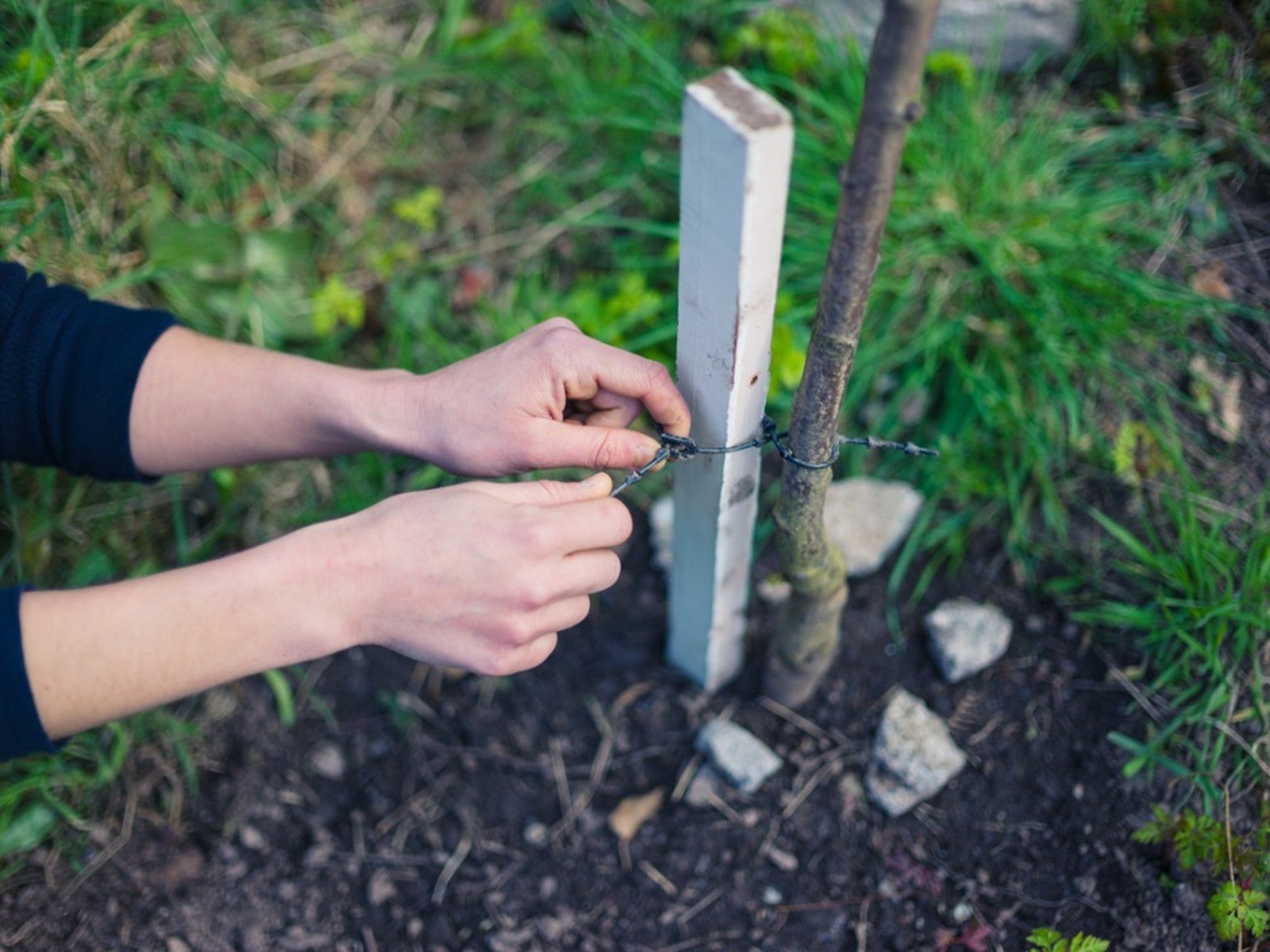 When To Remove Tree Stakes From Saplings
When To Remove Tree Stakes From SaplingsA newly planted tree may grow strong when it’s staked, but don’t forget to remove the stakes when it’s stable.
By Teo Spengler
-
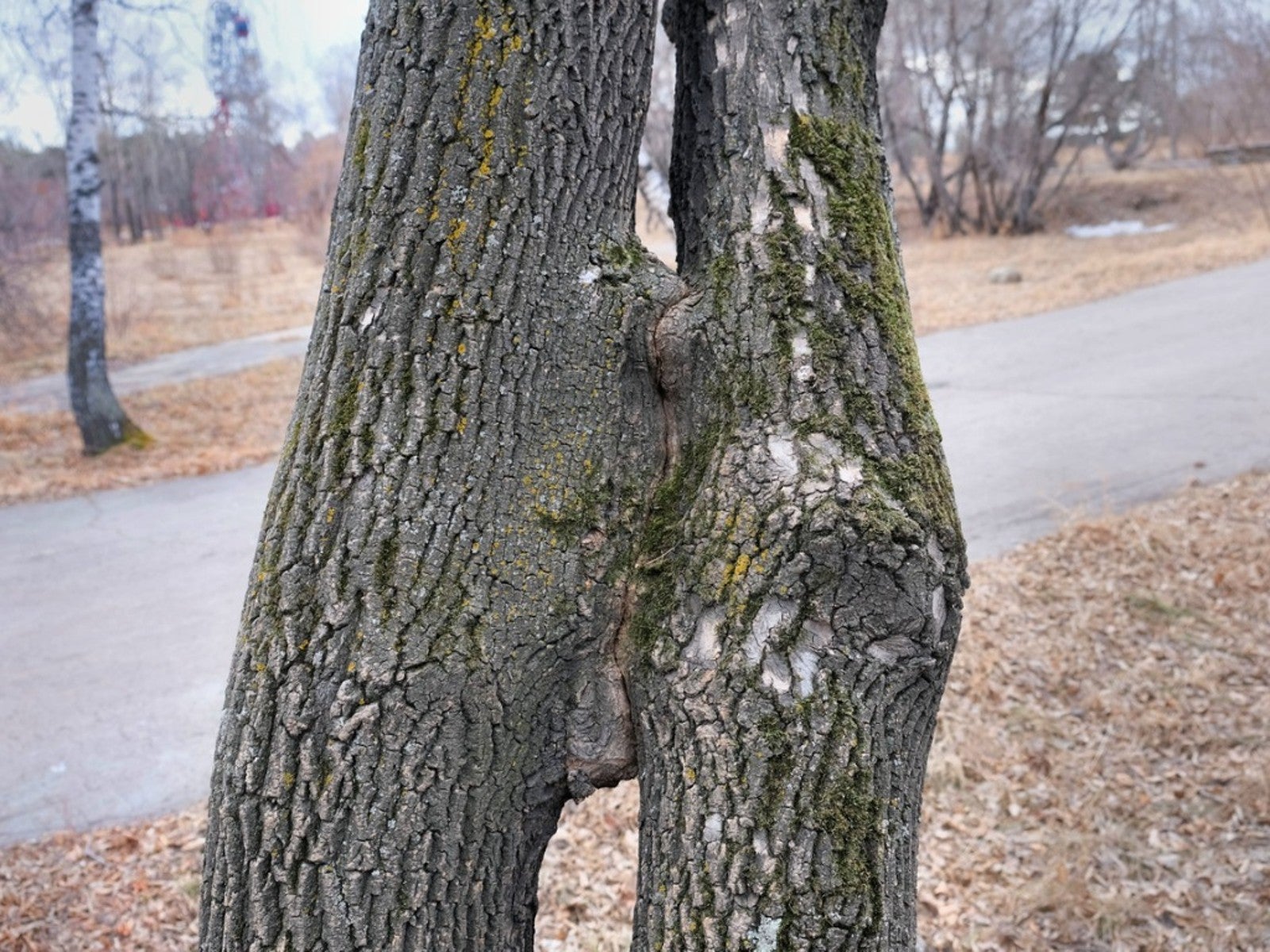 Inosculation And Trees Growing Together
Inosculation And Trees Growing TogetherIf you ever see two trees that have bonded and grown together, read here to learn why and how it happens.
By Teo Spengler